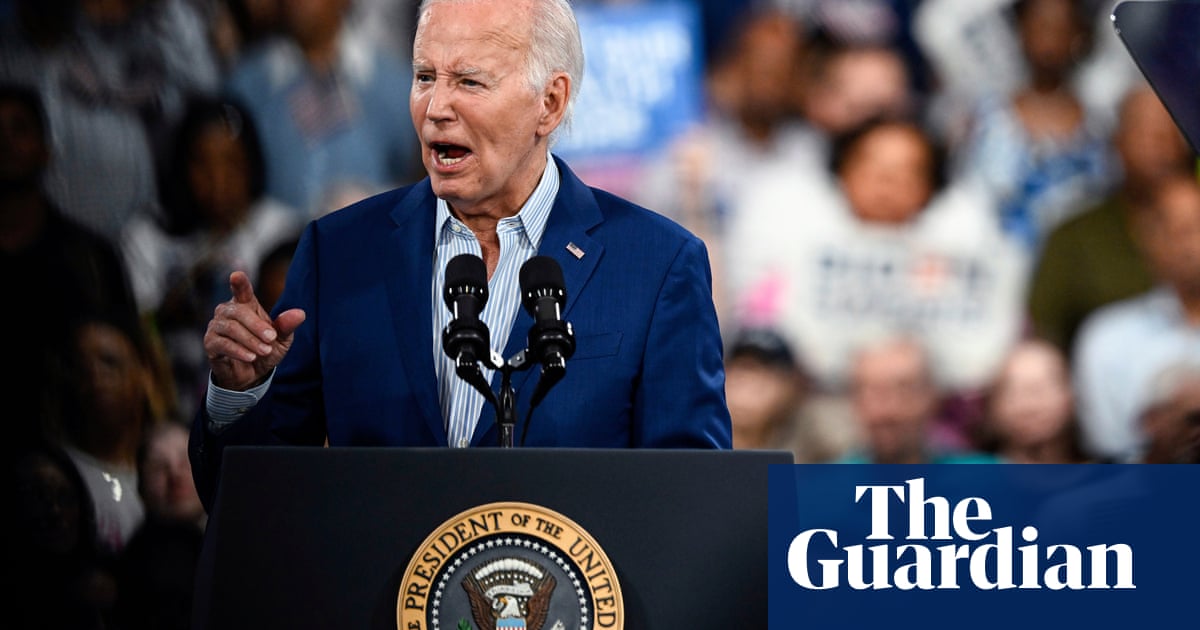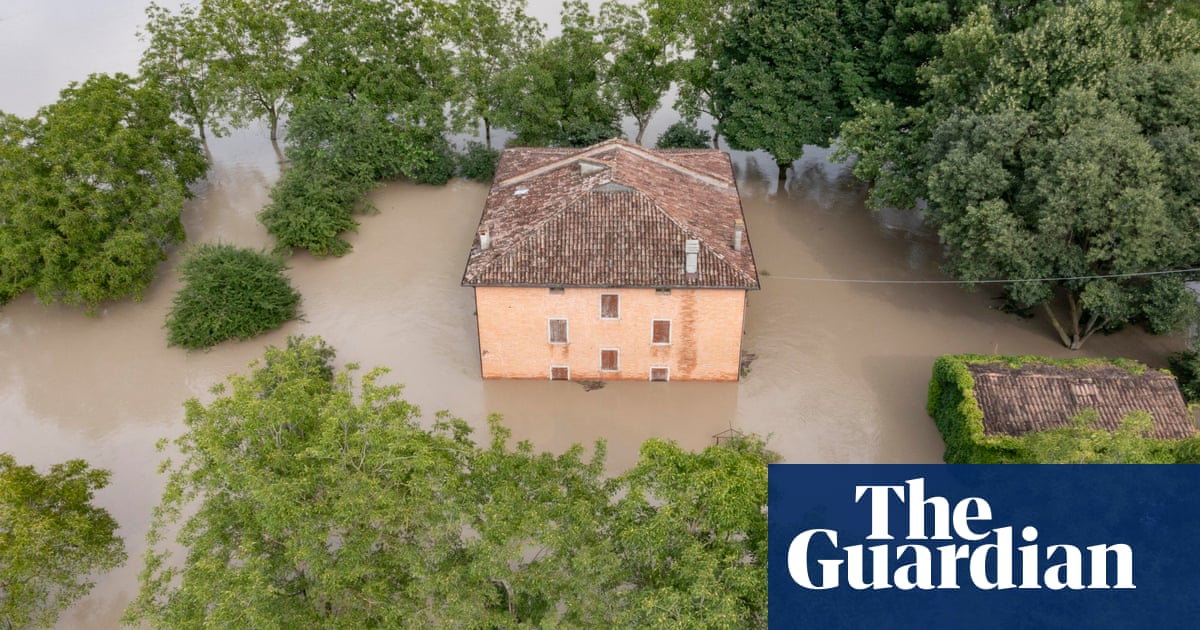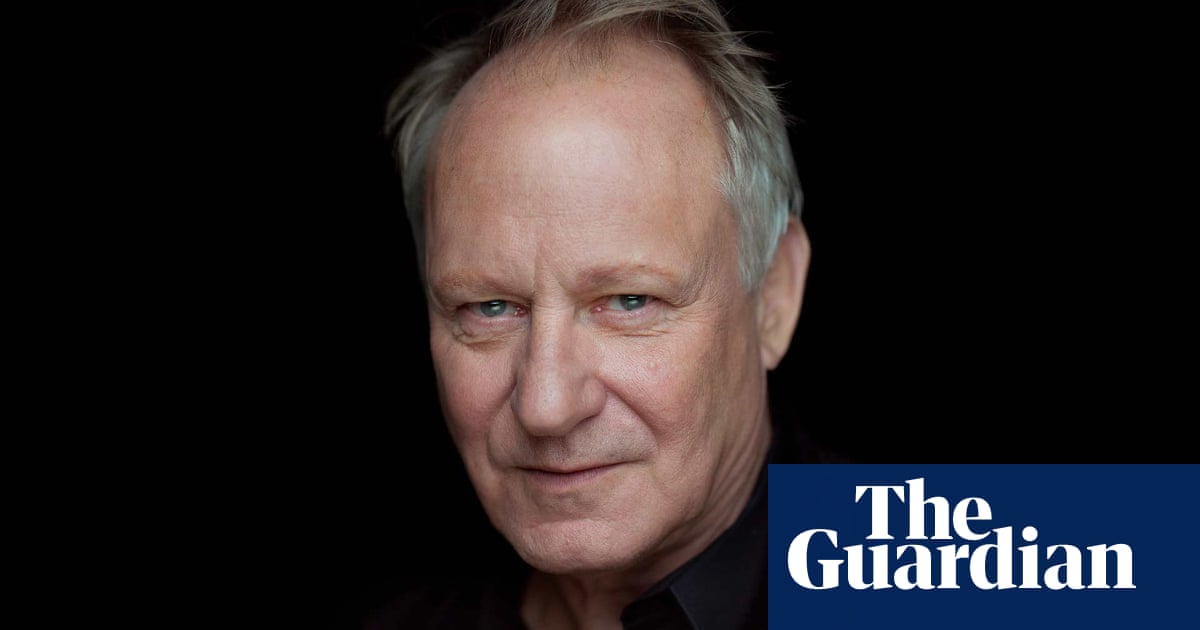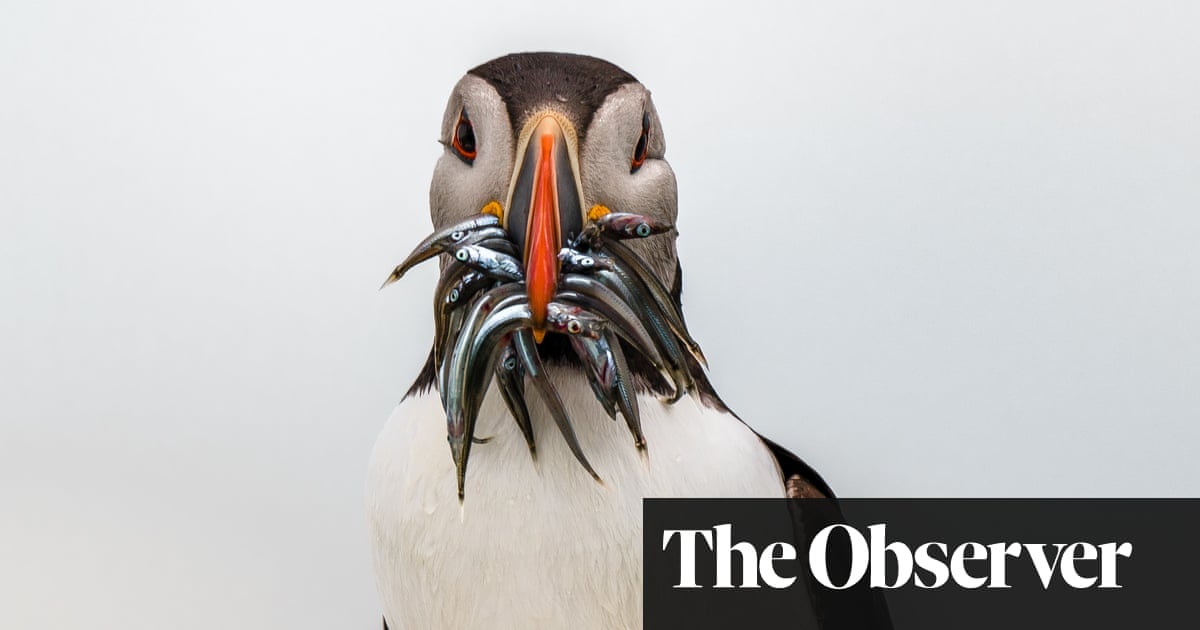Panicking Democrats were speculating about whether Joe Biden should be replaced as their partyâs nominee for US president following a disastrous debate performance that turned whispers about his age and fitness into a roar.
Bidenâs shaky, raspy-voiced showing against Donald Trump at the first presidential debate in Atlanta on Thursday was widely panned as a disaster that, instead of assuaging fears about his mental acuity, amplified them on the biggest political stage.
Even before the torturous 90 minutes were over, senior Democratic figures and donors were calling or texting in despair and exploring the potential to draft a late alternative to Biden at Augustâs Democratic national convention, although elected officials remained publicly loyal to the president.
âEvery Democrat I know is texting that this is bad,â Ravi Gupta, a former Barack Obama campaign aide, wrote on X. âJust say it publicly and begin the hard work of creating space in the convention for a selection process. Iâll vote for a corpse over Trump, but this is a suicide mission.â
On Friday, Biden appeared at a campaign rally in North Carolina, where he gave an entirely more spirited performance, landing his lines with much greater force than the previous night and attacking his opponent with vigour.
âDid you see Trump last night? Itâs sincerely a new record for the most lies told in a single debate,â Biden told an enthusiastic crowd that spontaneously broke into chants of âFour more yearsâ.
He challenged Trump on his lies about the economy, the pandemic, and the January 6 insurrection, called Trump a âone-man crime waveâ and added: âThe thing that bothers me most about him is that he has no respect for women or the law.â
Biden also reiterated his standard campaign promises to restore the right to abortion and to defend Medicare and social security, and added, in a pointed nod to his debate showing that had the crowd roaring its appreciation: âWhen you get knocked down you get back up.â
But observers were left wondering where Fridayâs energetic Biden was the night before, after the president had spent nearly a week at the Camp David presidential retreat preparing for the debate. He even sold cans of water labeled âDark Brandonâs Secret Sauceâ on his campaign website, mocking suggestions from Trump and his advisers that he would use drugs to enhance his performance.
The debateâs early date and rules â no studio audience and muted microphones to prevent interruptions â had been requested by the Biden campaign, eager to bring voterâs attention to the discussion and the threat posed by Trump. They wanted the president to demonstrate strength and energy.
But the plan backfired spectacularly in Bidenâs performance, which was punctuated by repeated stumbles over words, uncomfortable pauses and a quiet speaking style that was often difficult to understand. The president lost his train of thought at times, especially early on, and Trump was quick to capitalise: âI really donât know what he said at the end of that sentence. I donât think he knows what he said either.â
The former president projected confidence, even when he was blatantly wrong on the facts, and seemed younger and sharper than Biden. David Plouffe, a former campaign manager for Obama, told MSNBC: âTheyâre three years apart. They seemed about 30 years apart tonight.â He described Bidenâs performance as a âDefcon 1 momentâ.
Biden rallied somewhat later in the debate, launching some deeply personal attacks on his opponent, but it was too late to change his first impression. His campaign aides blamed his hoarse voice on a cold, but his split screen reactions to Trump â open mouth, eyes cast down â underlined his status as the oldest president in history.
US elections 2024: a guide to the first presidential debate
Bidenâs surrogates were slow to enter the post-debate spin room in Atlanta and, when they finally emerged, they largely avoided questions from the press. Instead they railed against Trumpâs long list of falsehoods during the debate, which were not flagged by CNNâs fact checkers.
At a Waffle House restaurant in Atlanta, Biden was asked whether he had any concerns about his performance. He replied: âNo. Itâs hard to debate a liar.â
But Democratic strategists and rank-and-file voters alike were publicly and privately questioning whether the party might yet swap him out for a younger standard bearer against Trump in Novemberâs election.
after newsletter promotion
Claire McCaskill, a former Democratic senator, told MSNBC that her phone was âblowing upâ with senators, operatives and donors in deep alarm. âJoe Biden had one thing he had to do tonight, and he didnât do it,â she said. âHe had one thing he had to accomplish, and that was reassure America that he was up to the job at his age, and he failed at that tonight.â
McCaskill added: âIâm not the only one whose heart is breaking right now. Thereâs a lot of people who watched this tonight and felt terribly for Joe Biden. I donât know if things can be done to fix this.â
Two influential New York Times columnists, Tom Friedman and Nick Kristof, expressed dismay at the showing and called on the president to bow out of the race.
Under current Democratic party rules it would be difficult, if not impossible, to replace Biden as the partyâs nominee without his cooperation or without party officials being willing to rewrite its rules at the convention in Chicago.
The president won the overwhelming majority of Democratic delegates during the state-by-state primary process. Party rules state: âDelegates elected to the national convention pledged to a presidential candidate shall in all good conscience reflect the sentiments of those who elected them.â
However, if polling suggests that Biden might hurt congressional candidates in down ballot races, donor money could dry up and pressure could mount on him to gracefully step aside. That might involve a delegation of party elders convening a meeting with the president and pleading with him to pass the torch.
Such a move would trigger a frenzied, potentially divisive contest for the nomination with possible contenders including vice-president Kamala Harris, California governor Gavin Newsom, Michigan governor Gretchen Whitmer, Maryland governor Wes Moore, transportation secretary Pete Buttigieg and even former first lady Michelle Obama.
Steve Schmidt, a political strategist who worked on the election campaigns of Republicans George W Bush and John McCain, wrote on his Substack: âJoe Biden lost his presidency last night, but because it happened in June, it does not mean that Trump will win ⦠It is time for Joe Biden to begin the preparations necessary to put the country first. They will require him to say the following: âI will not accept my partyâs nomination for a second term.ââ
Others, however, took the view that there is still time to recover after what was the earliest-ever presidential debate. Many voters have not yet tuned into an election that is still more than four months away. The Biden campaign announced that it has raised $14m on Thursday night and Friday morning â money that can be spent on advertising and swing state infrastructure.
Trump remains a hugely polarising figure with historic vulnerabilities, including his conviction last month in New York in a case involving hush money payments to the adult film performer Stormy Daniels, his efforts to overturn the 2020 election and his chaotic term in office. Biden described him as a âwhinerâ and âchildâ who cheated on his wife with âa porn starâ and had the âmorals of an alley catâ.
There is precedent for recovering from rough debate performances, including Obamaâs rebound from a poor showing against Mitt Romney in 2012. John Fetterman, Democratic senator of Pennsylvania, went on to defeat a Republican rival in 2022 after struggling through a debate several months after experiencing a stroke.
Fetterman tweeted on Friday: âI refuse to join the Democratic vultures on Bidenâs shoulder after the debate. No one knows more than me that a rough debate is not the sum total of the person and their record.â
Newsom, who was Bidenâs most prominent surrogate in the Atlanta spin room, urged Democrats not to melt down. He said: âI think itâs unhelpful. And I think itâs unnecessary. Weâve got to go in, weâve got to keep our heads high. Weâve got to have the back of this president. You donât turn back because of one performance. What kind of party does that?â









